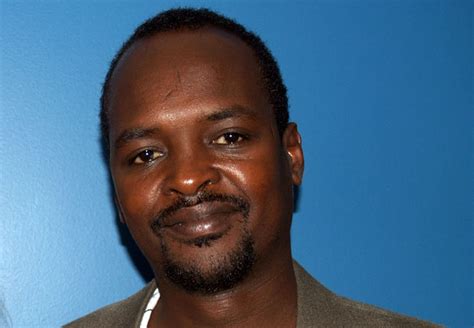A Quote by Simone Weil
To write the lives of the great in separating them from their works necessarily ends by above all stressing their pettiness, because it is in their work that they have put the best of themselves.
Quote Topics
Related Quotes
I write because I have an innate need to. I write because I can't do normal work. I write because I want to read books like the ones I write. I write because I am angry at everyone. I write because I love sitting in a room all day writing. I write because I can partake of real life only by changing it.
I am involved with 'Write Girl,' which is such a great organization, because they go into inner city schools and work with underprivileged girls to pair them up with other writers. And it gets them learning to express themselves and become familiar with their own voice. They have a 100% success ratio getting those girls into college.
I'm such a believer in going to set, even when you're not work because I think the best things to be learned, you don't necessarily get from your own scene or from someone speaking to you and telling you advice. I think it's all about watching and just taking it all in. It's not even when the cameras are rolling, necessarily. You can see how they interact with the rest of the crew, and how they deal with being a character and then being themselves.
If the world allows the people of Darfur to be removed forever from their land and their way of life, then genocide will happen elsewhere because it will be seen as something that works. It must not be allowed to work. The people of Darfur need to go home now. I write this for them, and for that day, ... and for those still living who might yet have beautiful lives on the earth.
If you want to be a great leader, you have to put the interest of the country above your own. I would like to think that true leadership is not just telling people what they want to hear but helping them understand things, so you can explain to them what you think is best, and then they can judge you on that.
Extremism. It is an almost infallible sign — a kind of death-rattle — when a human institution is forced by its members into stressing those and only those factors which are identificatory, at the expense of others which it necessarily shares with competing institutions because human beings belong to all of them.









































